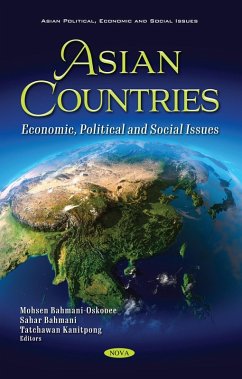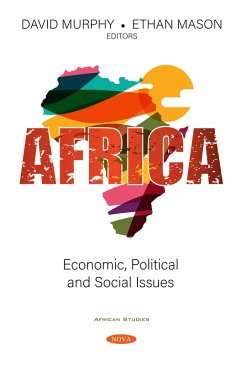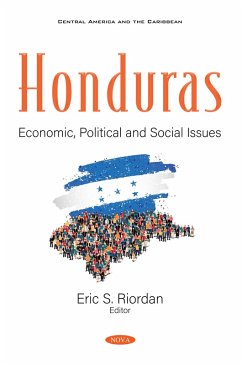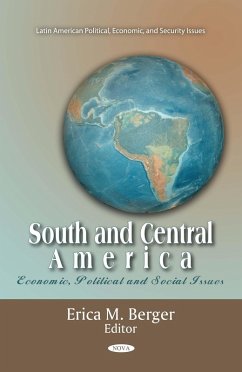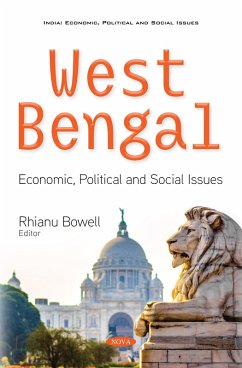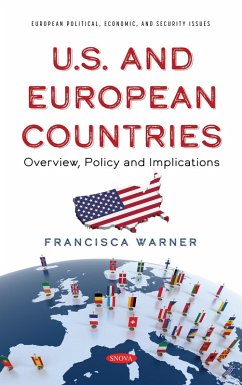Over the last four decades, Asian countries have experienced a substantial increase in their global competitiveness. While some of this is due to their economic activity, politics are also a contributing factor. Technological advances, particularly concerning the internet and social media, have also contributed, as have many other factors. We expect information and communication technology led by the development of the internet to make the transformation of knowledge easier and more efficient, thus contributing to faster economic growth worldwide. Sound macroeconomic policy and political conditions facilitate this process. Many Asian countries have learned from the experience of the Asian Crisis of 1987 when the Thai baht lost its value due to a shortage of reserves by the Central bank of Thailand, and capital outflow spread throughout the region. Asian countries now know that to avoid such a run on foreign currencies, they must hold enough reserves to support their own currency. Sound fiscal and monetary policies, as well as an exchange rate policy combined with an efficient banking system, are required to enhance the reserve policy. Another requirement for the effectiveness of macroeconomic policies is desirable political conditions to enhance international confidence in these countries. Strong political stability requires sound rules, laws, and democratic institutions that must be transparent. Granting excessive power to any one ruler has proved to lead to corruption which is an impediment to growth. This book addresses the issues above by providing theoretical and empirical evidence using data from some countries in Asia.
Dieser Download kann aus rechtlichen Gründen nur mit Rechnungsadresse in A, B, BG, CY, CZ, D, DK, EW, E, FIN, F, GR, HR, H, IRL, I, LT, L, LR, M, NL, PL, P, R, S, SLO, SK ausgeliefert werden.

